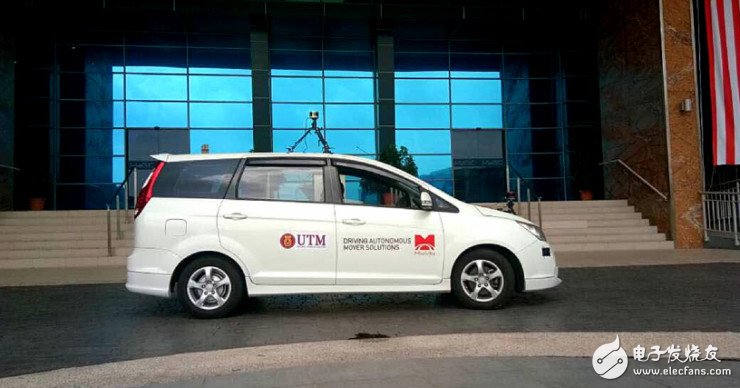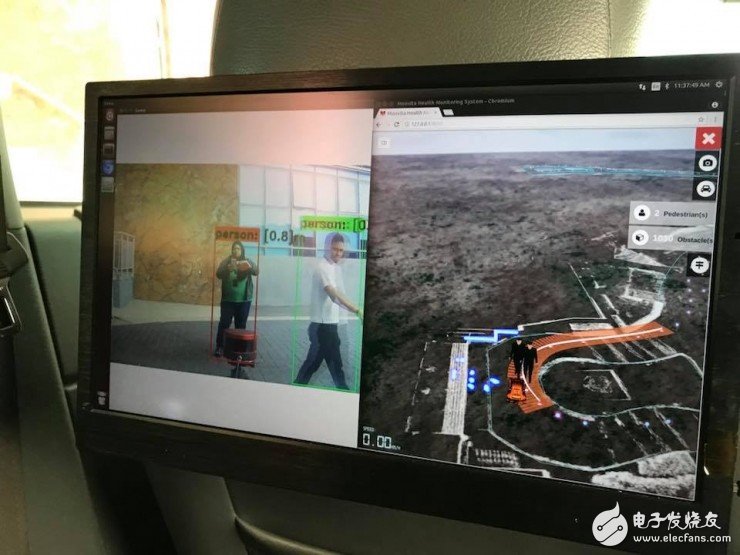When it comes to autonomous driving, the first names that come to mind are big car manufacturers, tech giants, and a wave of Silicon Valley startups. However, these are not the only players in the game. The real self-driving revolution is spreading across the globe, and even though some companies have faced challenges or fallen behind, the focus remains on reaching the finish line.
This trend is also taking shape in Malaysia, a country that might not immediately come to mind when thinking about autonomous vehicles. Yet, Malaysia is actively working to keep up with the global movement.
Some may have heard of CRETA, an innovative device that gives any vehicle autopilot capabilities. It was developed by REKA, a Malaysian company pushing the boundaries of mobility technology.

Currently, the main drivers of Malaysia’s autonomous driving development include the University of Technology Malaysia (UTM) and Singapore-based Moovita. Together, they are working on tailored solutions that fit the unique conditions of Malaysian roads.
Recently, some people in Malaysia have spotted test vehicles on the road. These are Proton Exoras modified with sensors, cameras, and radars, aiming for Level 5 autonomy.
A UTM representative mentioned that the test car was part of an autonomous driving technology acceleration project, designed to speed up research and development efforts.
One of the main appeals of autonomous vehicles is safety. They operate without direct driver input, relying on sensors, GPS, algorithms, and other technologies to control direction, acceleration, and braking.

The perception abilities of autonomous vehicles are impressive, but there's still a long way to go before they can fully adapt to unpredictable environments.
The question remains: will self-driving technology become an add-on like CRETA, or will it be integrated directly into new vehicle designs? There’s no clear answer yet.
Every family has its own secrets — and every country has its own challenges. For Malaysia, creating a customized solution that fits local road conditions is key.
After all, traffic in Malaysia is notoriously difficult. Lane drifting, running red lights, and improper parking are common issues. In the future, these situations could pose significant challenges for autonomous vehicles.
Not to mention reckless drivers who ignore traffic rules or drive while distracted. In this context, the biggest challenge for self-driving cars in Malaysia might be human behavior itself.
Communication is also essential for autonomous vehicles. Even simple actions like changing lanes require coordination between vehicles. Can these systems truly understand and mimic human driving skills? And how well can they predict pedestrian movements?
Beyond the technical hurdles, legal and regulatory factors must also be addressed. Can lawmakers allow autonomous vehicles on public roads? Will Singapore and Malaysia continue to collaborate and create something truly groundbreaking?
Gas Explosion-Proof Motor,Explosion Proof Motors,Gas Explosion Proof Motors,Explosion Proof Electric Motor
Yizheng Beide Material Co., Ltd. , https://www.beidevendor.com